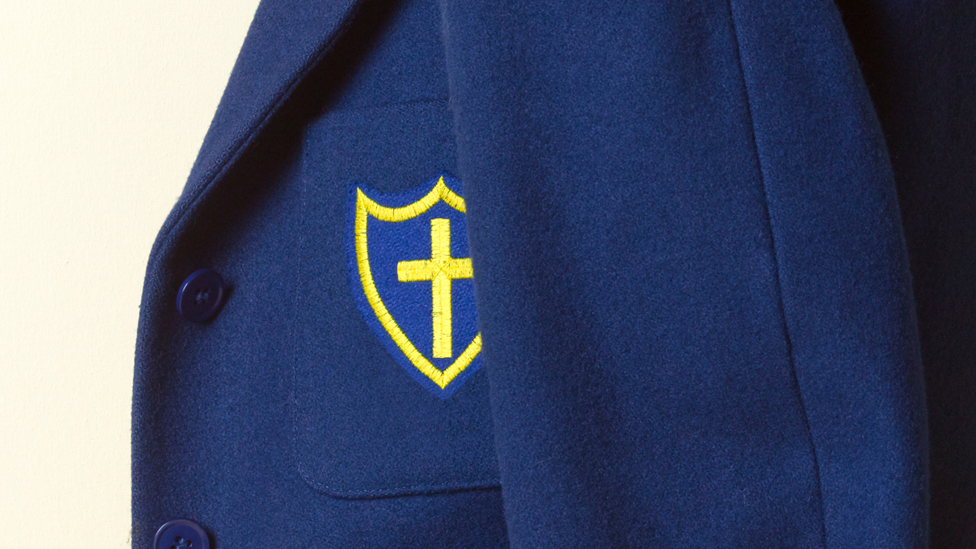Cost of living: Schools wash uniforms and let pupils shower
- Published
Schools also let pupils shower in an effort to help keep children coming to lessons
Washing clothes and letting pupils use showers are just two of the things a school is doing in order to address the cost of living pressures that can keep children away from lessons.
Attendance is already down about 4% on pre-Covid levels - equating to thousands of hours of missed learning.
The cost of living pressures have now "exacerbated" these issues.
Henry Tudor School's team and staff from Pembrokeshire council support families to get pupils back into class.
Family engagement officer Emily Morgan starts her day with calls to children's homes to see if they are coming to school.
"I'll get a message to let me know if a learner is having a wobbly day, I've got about 10 regulars I'm in contact with," she said.
She works with families to gradually reintroduce children to lessons who, for various reasons, have not been attending regularly.
The pandemic had a big impact on some pupils by breaking habits and fostering anxiety, with higher living costs now creating extra barriers.
Average attendance across Wales in 2018-19, the last full year before the pandemic, was about 94%.
So far this school year it stands at 90.3%, but for the latest week it was only 85.3%.
Henry Tudor, a 1,250-pupil comprehensive school, has a second hand uniform shop, but items are free for those who cannot afford it.
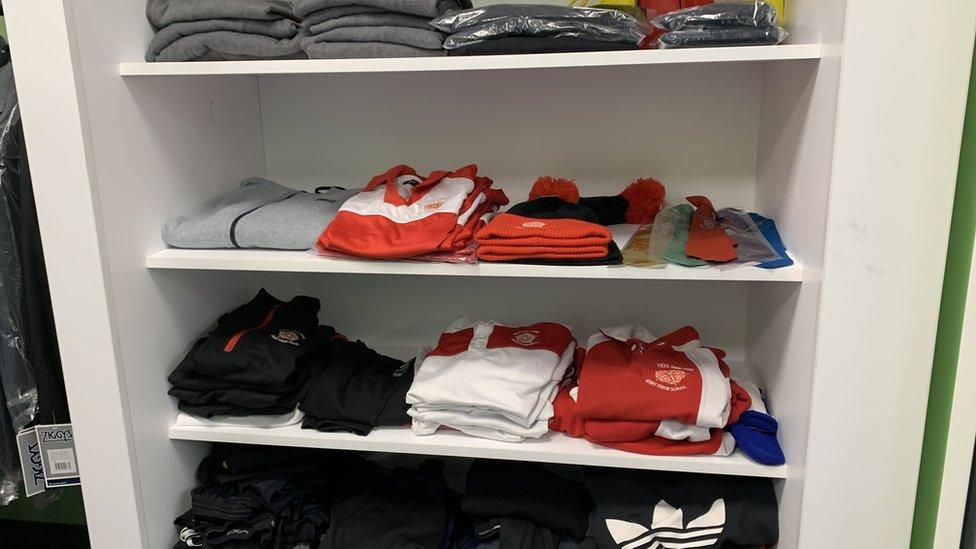
Families who are struggling are able to access Henry Tudor School's uniform shop
It stocks shoes which are in high demand as the nearby supermarket stopped selling them and the town's shoe shop closed.
In a side room there is a washing machine and dryer.
Ms Morgan said white goods breaking down was a common reason parents gave for not being able to send their children to school, so the school now offers to clean the uniform while pupils come in their own clothes for a day in.
High energy prices have left some families worried about the cost of showers for everyone, so there is a stock of shampoo, shower gel and deodorant so pupils can use showers at school.
Home visits are another way to keep in touch.
Ms Morgan is joined by the council's education welfare officer Susan Lees on the way to see a Year 8 pupil who has missed school.
"We've built a good relationship with the mum, she does know we're coming today," she said.
The visit is about offering further support to a family with the promise of a Christmas hamper from the school to ease worries about coping over the holidays.
Ms Lees explained that, on occasions, they visit families unannounced when they have struggled to make contact and want to check on a child's welfare.
Another parent said being at home during Covid lockdowns had a huge impact on her daughter.
Nicola, who wanted to remain anonymous, said when it was time to go back to school, her daughter started making excuses and it only got worse when she moved up to secondary school.
She said her daughter did not want to mix with others and was scared about taking Covid home to a vulnerable family member, so she became extremely anxious.
"She was getting more and more withdrawn, and then it was a total refusal to go."
After a "very hard" few months, she is now going in for an hour a day.
"I've got everything crossed. She wants to get that education, she wants to socialise and she's just struggling at the moment."
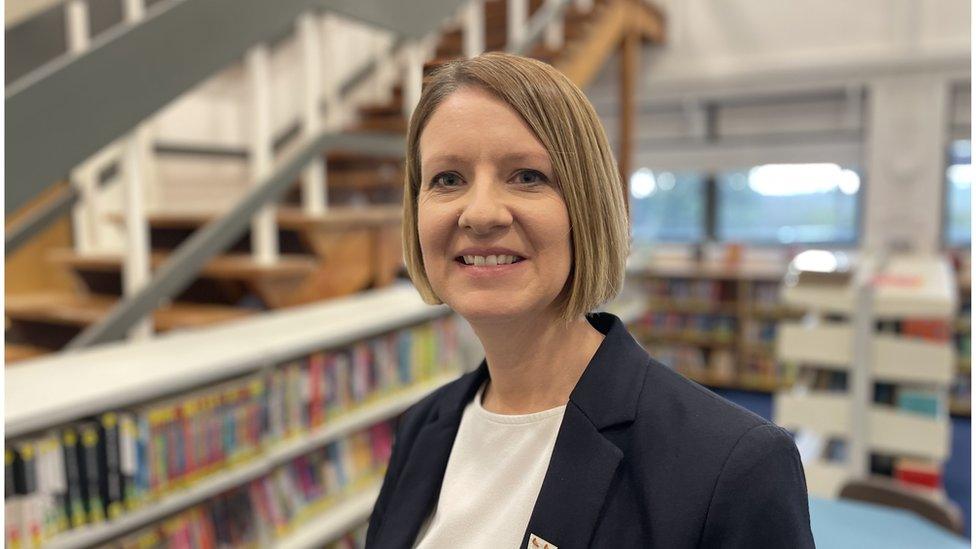
Kate Campbell said the cost of living pressures have "exacerbated" issues caused by Covid
'Not just about education'
At nearby Ysgol Greenhill in Tenby, assistant head teacher Kate Campbell said the school had increased its wellbeing support and recently appointed a new family liaison officer in response to pressures brought on by the pandemic and cost of living crisis.
"School isn't just about learning, it's about learning how to socialise, it's about general wellbeing - keeping up with those day-to-day routines," she said.
The council's campaign "It starts in School" is part of its strategy to improve attendance.
James White, head of engagement and communities in the council's education department, said in "a very small number of cases" parents would be fined or prosecuted if the family does not work with them to address poor attendance.
"When we do take cases to court we are standing up for that child's right to an education and we would be failing in our duty if we didn't do that."
The council said that getting school attendances back to pre-pandemic levels would probably be a "two-to-three year journey".

CHALLENGING MISCONCEPTIONS: Life in Britain’s biggest special school
BORN DEAF, RAISED HEARING: What it means to live in two different worlds

- Published16 December 2022
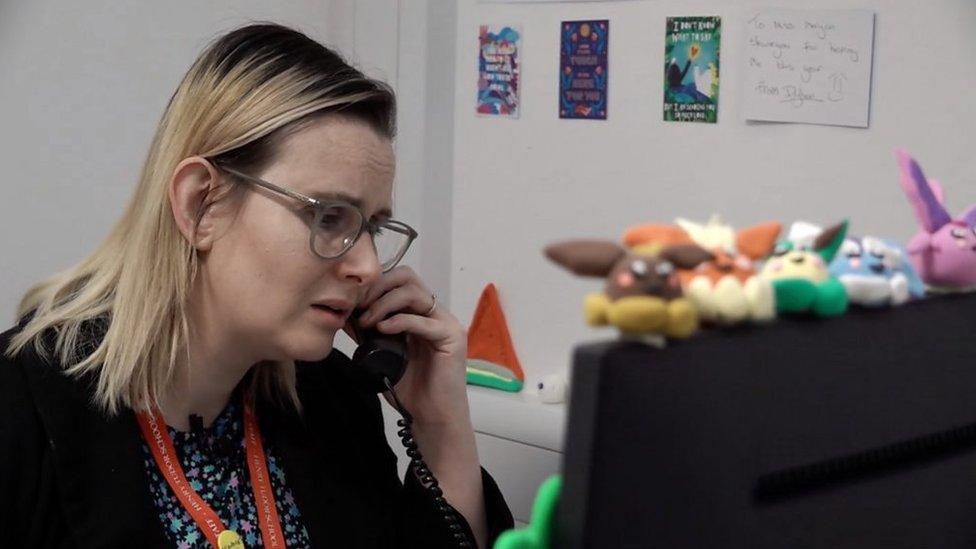
- Published14 November 2022
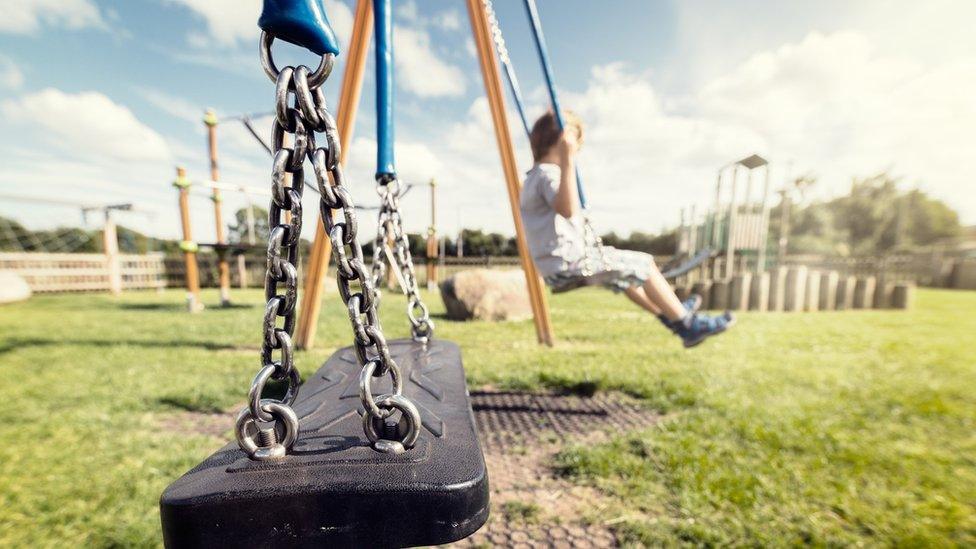
- Published14 November 2022
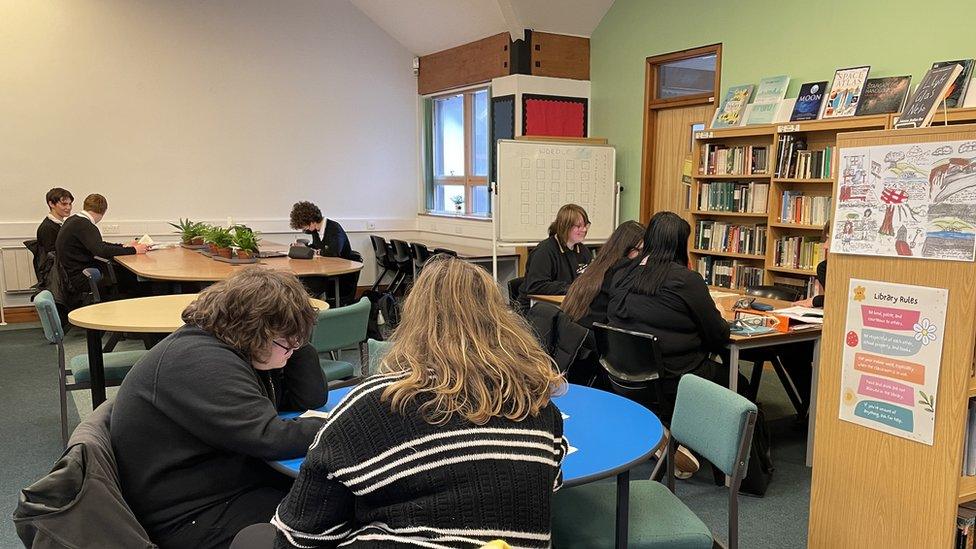
- Published9 November 2022
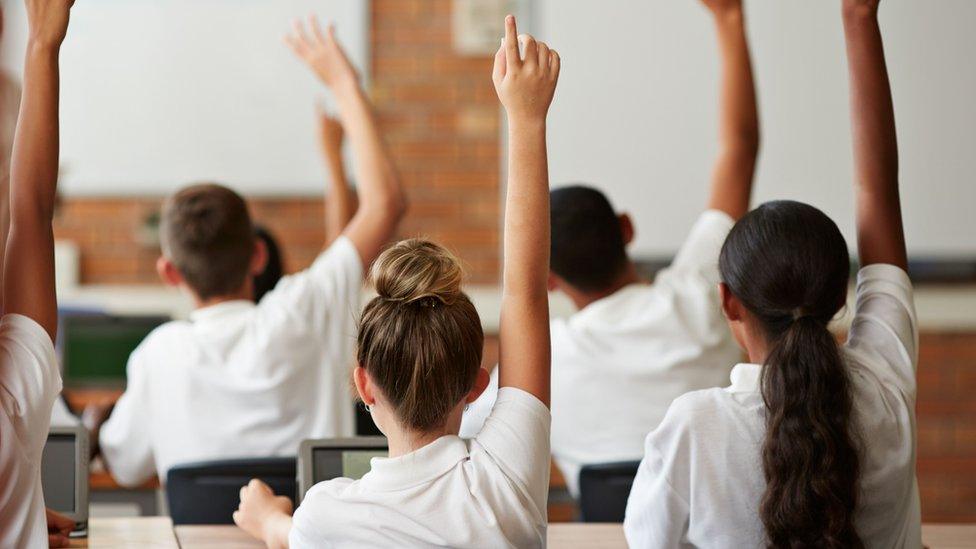
- Published7 October 2022
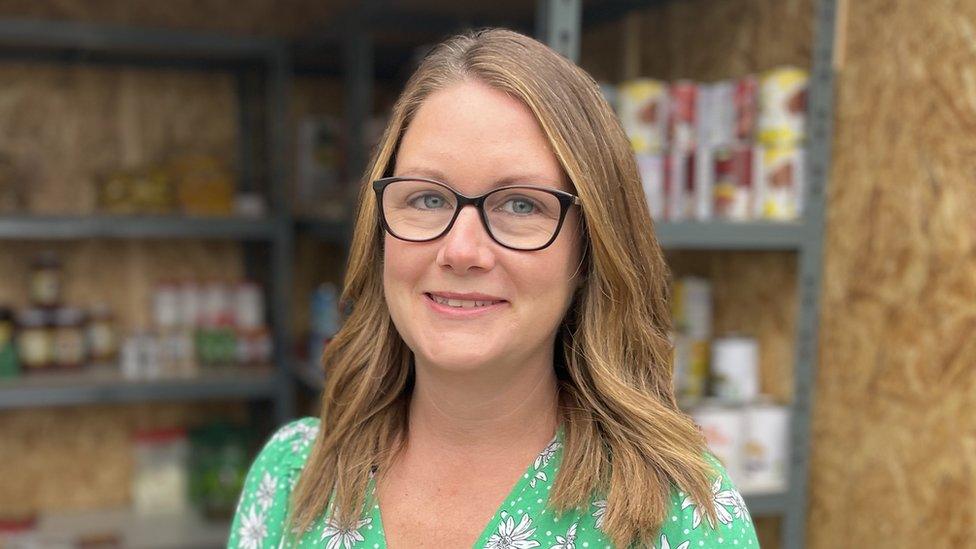
- Published2 September 2022
